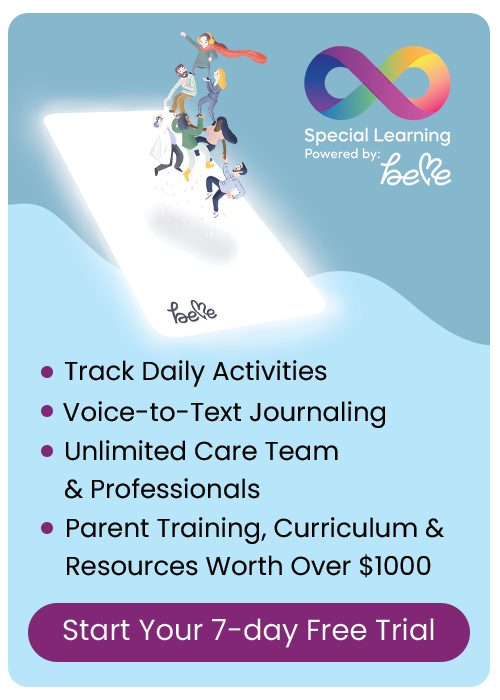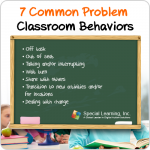Blog Categories
- ADHD
- Applied Behavior Analysis
- Autism Awareness
- Autism Service Providers
- Case Studies
- Dignosis
- Classroom Management
- Credentials
- Ethics
- Family Matters
- FAQs About LIVE Events
- Financial Planning
- Holiday Planning
- IEP's
- Panelists
- Private Equity in Autism & ABA Industry
- Psychopharmacology
- Sensory Processing Disorder
- Speech and Communication
- Subject Matter Experts
- Summer Planning
- Transition Planning
What does Telemedicine mean for the Special Needs Population?
Expert Name: Kimberly Woolery
Expert Title: Kimberly Woolery
Company Name: Special Learning, Inc.
Company URL: www.special-learning.com
Short Bio: Kimberly Woolery received her bachelor’s degree in philosophy with a minor in psychology from
Florida International University and her master’s degree in counseling psychology with a concentration in Advanced Applied Behavior Analysis from Nova Southeastern University. Born and raised in Kingston, Jamaica, Kimberly’s clinical research interests lies in achieving cultural competency in behavior analytic service delivery. As a clinical specialist at Special Learning, Kimberly hopes to fuse marriage and family therapy with behavior analysis to create a culturally sensitive service delivery model for the special needs population in developing countries like Jamaica.
What does Telemedicine mean for the Special Needs Population?
Telemedicine is an alternative for families who do not have direct access to healthcare services near them such as Applied Behavior Analysis. It is extremely beneficial because it helps to increase access to a larger population, is cost efficient, improves quality of healthcare, and also reduces travel time and other stressors for the family receiving telehealth services.
What is Remote Consulting?
The goal of Remote Consultation is to offer support and parent training to monitor, train and teach the parent how to run his or her own home ABA therapy program while under the guidance of a Board Certified Behavior Analyst (BCBA). Remote Consulting consists of an intensive home-based ABA program that includes training for families of children affected by behavioral, developmental and intellectual disabilities such as Autism, ADHD/ADD, anxiety, dyslexia, conduct disorder, oppositional defiance, children in need of additional academic support as an alternative for parents who do not wish to receive ABA services in a centre-based setting but in their homes. During the Remote Consultation sessions, parents/caregivers learn how to incorporate ABA techniques.
What types of populations are suitable for Distance Consulting?
• Typically developing children with behavioral problems
• Children with developmental/intellectual disabilities e.g. Autism Spectrum Disorders, Down syndrome
• Children with learning disabilities e.g. ADD/ADHD, Dyslexia
• Children with mental health diagnoses e.g. Oppositional Defiant Disorder, Conduct Disorder
• Parents seeking additional support for their child’s home program/parents who already have a home programme in place and want additional guidance and support
• Parents who need help coordinating and supervision for the intervention programme they already have in place
• Parents who are unable to find effective local training and support to understand their child’s specific needs and want to learn behavior management methods/techniques to help him or her.
It is very important for all parents and practitioners to know that before a child is accepted into a Remote Consultation ABA Programme, the practitioner must take precautionary measures to ensure the child is a prime candidate for a virtual consulting programme.
RECOMMENDED PRODUCTS
Intro to Strategies to Increase Beginner Classroom Participation Skills
Bullying – ABA Literature Summary





